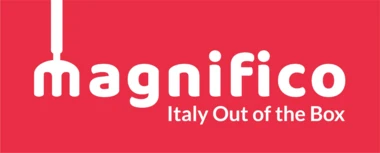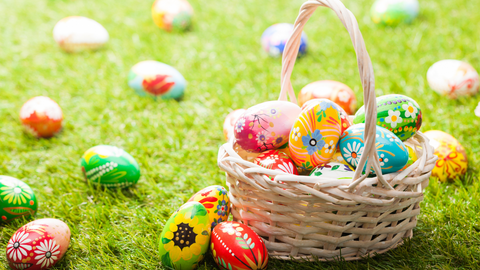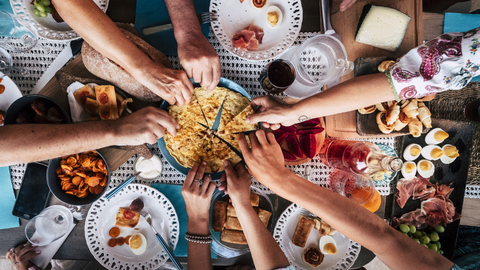Easter is a 2,000-year-old Christian holiday that celebrates the resurrection of Jesus Christ and marks the arrival of Spring. While modern Easter celebrations often include secular elements like the Easter bunny and Easter eggs, for Christians around the world, it remains a core religious observance.
When is Easter Sunday Celebrated?
Easter is a movable feast, meaning the date changes every year. It falls on the first Sunday after the first full moon that occurs on or after March 21st. In 2024, Easter Sunday falls on March 31st.
Easter in Italy: Eggs and Doves
Easter in Italy is a vibrant celebration that transcends the religious aspects. While attending church services and family gatherings are central, the holiday is also bursting with delicious traditions. No Italian Easter table is complete without chocolate eggs and doves, each with their own unique history and symbolism. But what is the origin of these delicacies?
The Egg: A Timeless Symbol of Rebirth

Eggs have been associated with life since ancient civilizations. Egyptians and Persians exchanged eggs during spring as a symbol of rebirth, a custom adopted by the Greeks and reaching as far as China. In the Middle Ages, the Church restricted egg consumption during Holy Week. Eggs laid during this period were preserved, decorated, and gifted to children on Easter Sunday. The 18th century saw the birth of the chocolate egg at the court of King Louis XIV in France. His pastry chef created cocoa cream eggs to impress guests.
The delightful surprise hidden within the chocolate egg is a later invention, credited to a Dutch pastry chef in 1828. However, an Italian legend from Turin claims the tradition of hidden gifts within chocolate eggs existed as early as 1700. Regardless of origin, the surprise element adds a delightful layer of anticipation to the Easter experience.
The Dove: A Soaring Symbol of Peace

The dove's presence on the Easter table is a more recent tradition, emerging in the 1930s. Dino Villani, a legendary advertiser for Motta, a Milanese company, had the brilliant idea of creating a dove-shaped cake using leftover panettone dough. This innovation not only kept Motta's factories operational beyond Christmas but also became an instant success. Vergani, another Milanese company, followed suit, popularizing the Easter dove, particularly in the post-war period.
Religious Significance
Both the egg and the dove hold deep religious meaning. The egg, symbolizing life, and renewal, represents the promise of Jesus Christ’s resurrection. The dove, on the other hand, is a universal symbol of peace and salvation. The Bible recounts how Noah sent a dove from the ark three times. Upon its return with an olive branch, it signified the end of the flood and humanity’s reconciliation with God. During Easter, this symbolism takes on renewed meaning, reflecting on Christ’s sacrifice and the hope for peace.
A Touch of Italy: Regional Traditions and Pasquetta
Italian Easter celebrations boast regional variations. In Florence, the “Scoppio del Carro” (Explosion of the Cart) is a spectacular event held on Easter Sunday. Don't miss out on exploring these unique traditions across Italy!
Following Easter Sunday comes “Pasquetta” (Little Easter) on Easter Monday, a national holiday. Italians typically celebrate Pasquetta with picnics, outdoor games, and family outings, enjoying the warm spring weather.
The choice between a chocolate egg and a dove comes down to personal preference. Both represent delicious traditions perfect for sharing with loved ones during this celebration. So, immerse yourself in the rich flavors and traditions of an Italian Easter. From indulging in decadent chocolate eggs to savoring the symbolic dove-shaped cakes, every element adds a touch of magic to the celebration.
Discover the flavors of Italy this Easter with delectable options:
- Magnifico Food Boxes, filled with authentic Italian treats, perfect for gifting or personal enjoyment.
- Traditional Colomba Pasquale, a dove-shaped cake symbolizing peace, and italian chocolates masterfully crafted by renowned Italian pastry shops.
Unwrap a taste of Italy this Easter!



